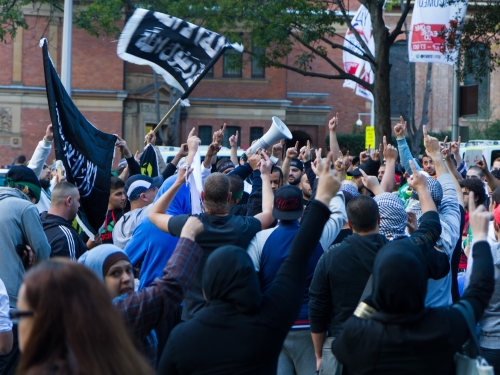
This article was originally published by Europe’s World on 5 May 2015.
The call is often from a worried teacher. They are noticing changes in students from immigrant backgrounds. Before, they defined themselves by nationality, as Kosovars, Bosnians or Turks, now they say they are Muslims. Before, they took part in art classes, now they insist their religion prohibits art. Then there’s a second change: these young men and women start to talk of a war against Islam that targets Muslims – targets them.
When I listen, I remember myself as a 16-year-old, the daughter of a diplomat from a secular family, coming back to my home country, Yemen, after four years in Morocco. It was 1982 – a period that saw the mushrooming of Islamist ideology in North Yemen. I was fascinated by a religious group led by a charismatic young woman of 17. The group met in the schoolyard. I would later learn it was part of a strong Islamist movement that saw Salafists work hand-in-hand with the Muslim Brotherhood.
